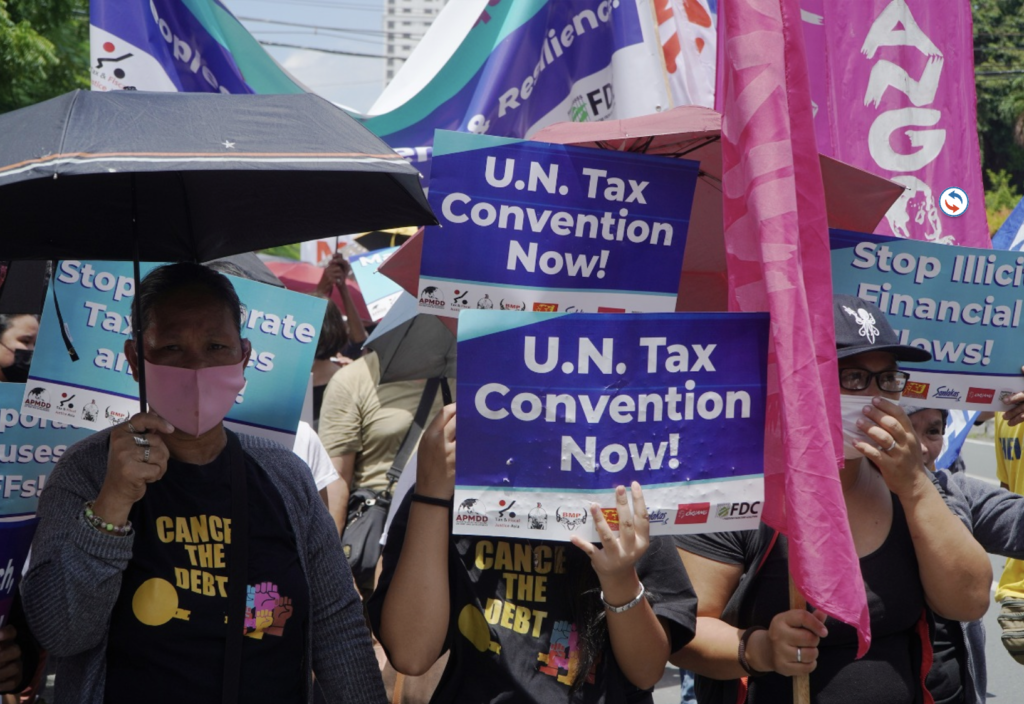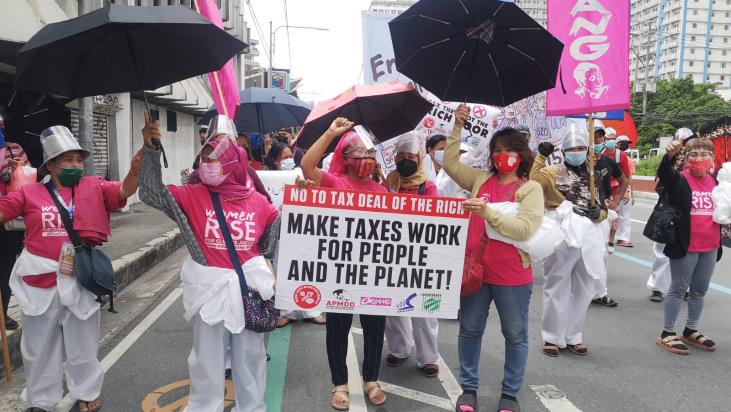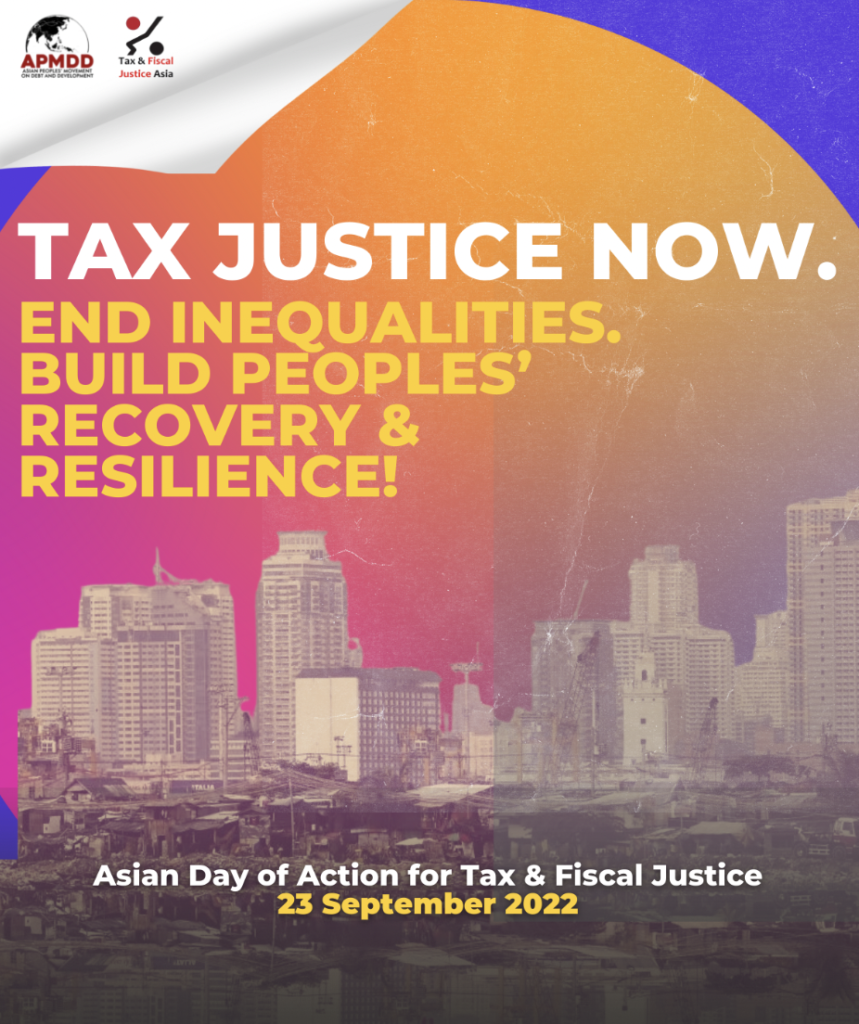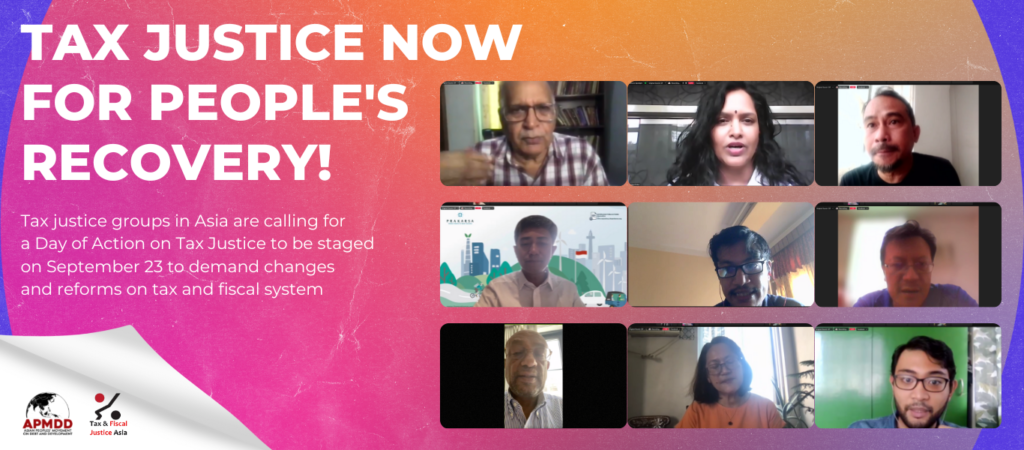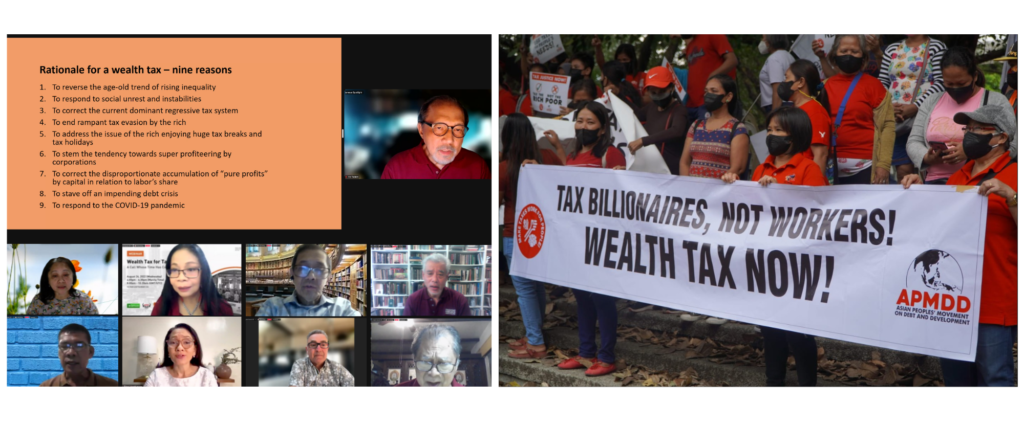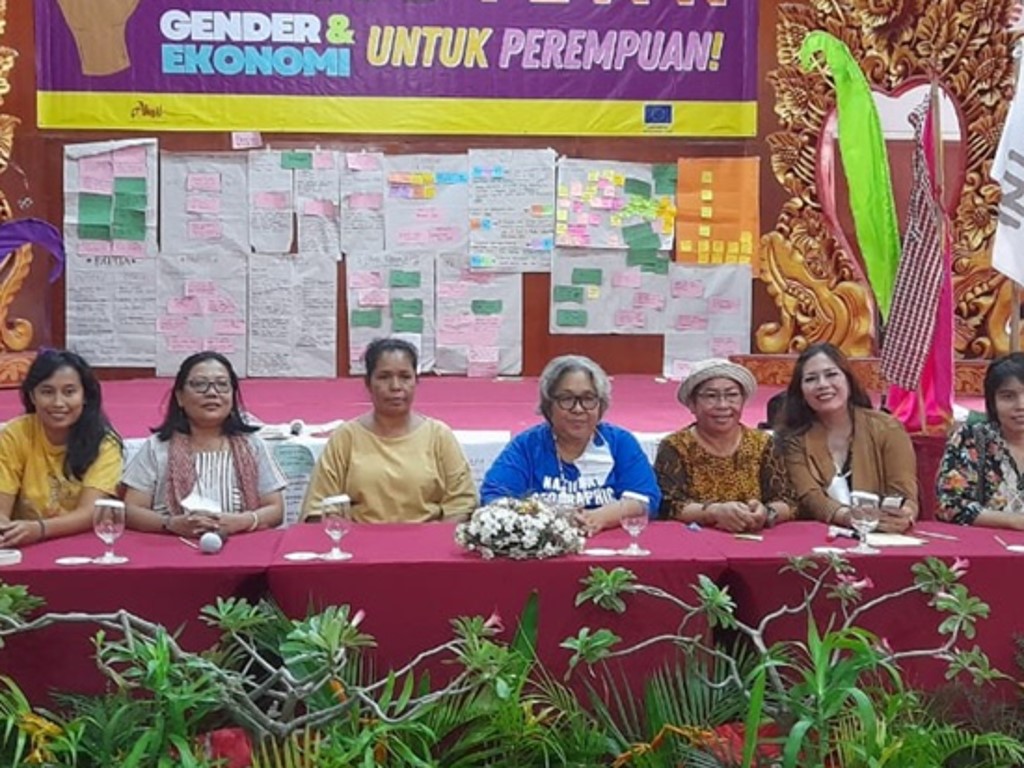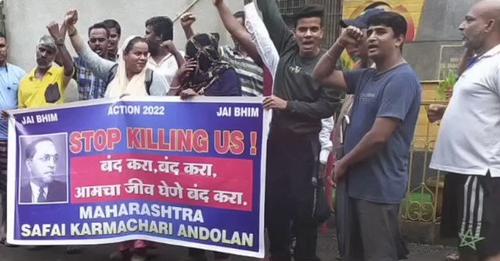
“Casteism and untouchability still decide the social structure in the larger part of the country. For them development is just a superficial myth.”
Members of Safai Karmachari Andolan – a movement of people engaged in or formerly engaged in manual scavenging that spans across India, have been campaigning every day for over 150 days. The campaign, called “Stop Killing Us” aims to bring attention to the often ignored, under-reported issue of deaths of sanitation workers who regularly die from exposure to noxious gases in sewers and septic tanks. This work is carried out by people who feel they have no economic alternative. SKA is calling for contractors and municipalities to take responsibility, for governments to make use of machinery compulsory for such work, and for proper rehabilitation and support to be provided for people to transition to dignified livelihoods with living wages. Read more here and follow the ongoing campaign updates on Twitter here (#StopKillingUs).

